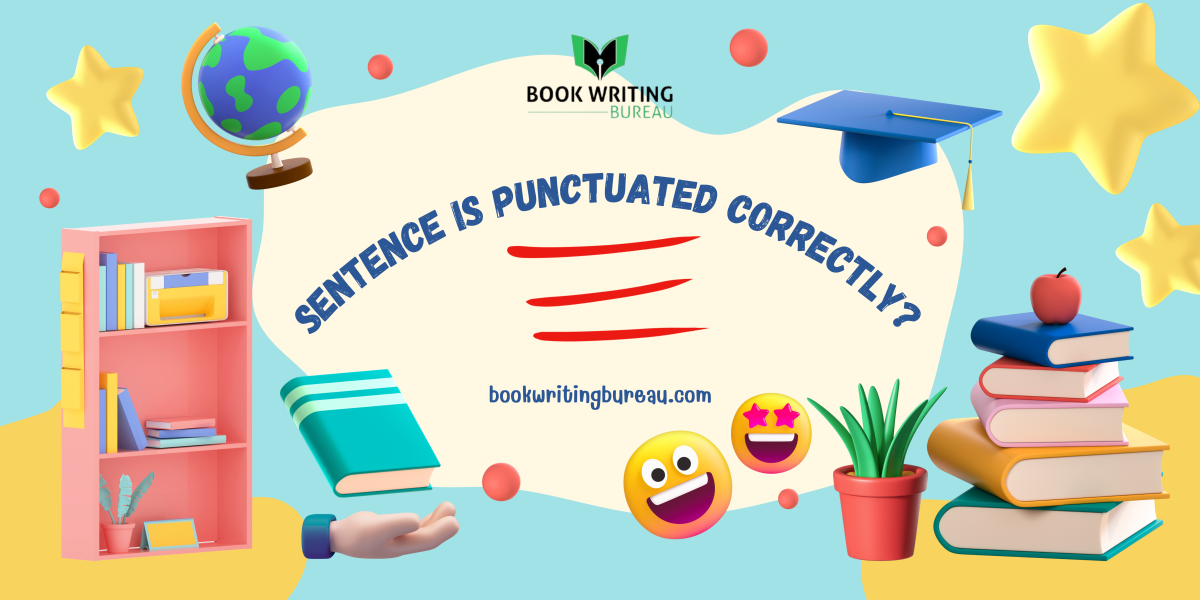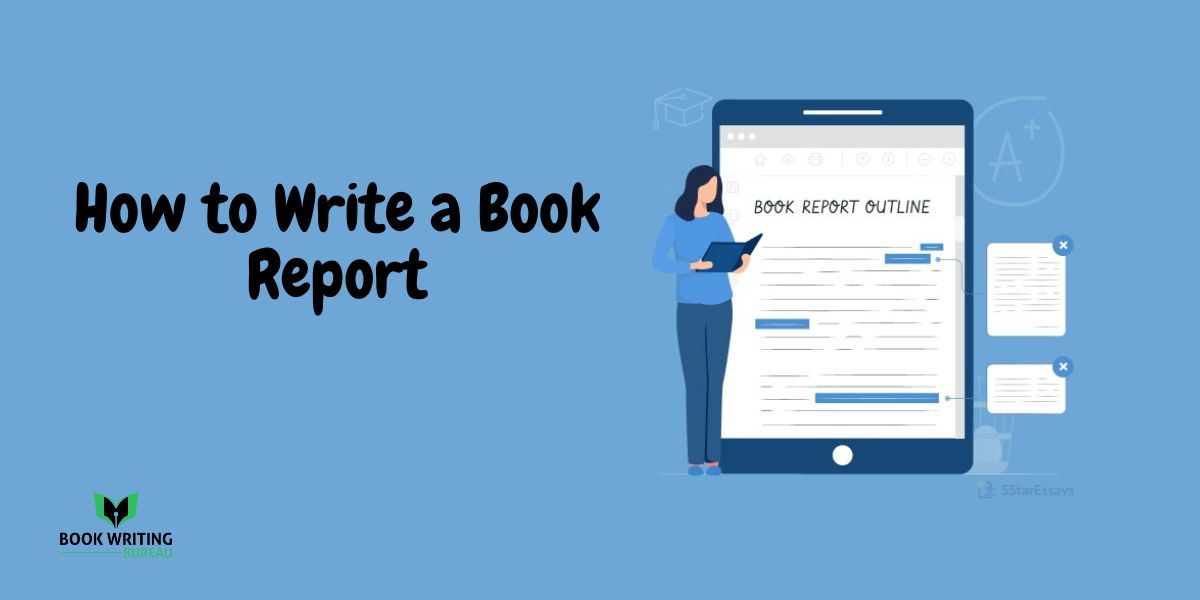
Writing
Good communication relies on expressing thoughts clearly; punctuation is crucial for achieving this clarity. Think about reading a paragraph with no periods, commas, or question marks—it would be confusing, like trying to find your way through a maze without a map. Punctuation acts like signs, helping readers follow the path of language. Let’s discuss how to make a sentence punctuated correctly.
What Makes a Sentence Punctuated Correctly?
Before determining whether a sentence is punctuated correctly, we need to grasp the basics of sentence structure. A sentence typically consists of a subject, a verb, and, often, an object. Punctuation marks are used to delineate these various components and indicate their relationships.
Proper Use of Punctuation Marks
Commas, periods, question marks, exclamation points, colons, semicolons—each punctuation mark has its distinct function. Commas, for instance, are used to separate items in a list, while periods signal the end of a sentence. Understanding when and how to deploy punctuation correctly is crucial for crafting well-structured sentences.
Common Punctuation Errors
Despite its importance, punctuation is a frequent stumbling block for writers. Common errors include missing or misplaced commas, run-on sentences, incorrect use of apostrophes, and misuse of colons and semicolons. These errors can detract from the clarity and coherence of your writing.
Examples of Correctly Punctuated Sentences
To better understand proper punctuation, let’s examine some examples. In a simple sentence like “She walked to the park,” the period neatly concludes the thought. In a compound sentence such as “He ran quickly, but he still missed the bus,” a comma separates the two independent clauses. In a complex sentence like “Although it was raining, they decided to go for a hike,” a comma precedes the dependent clause.
Tips for Improving Punctuation Skills
Reading Aloud:
Reading your writing aloud is an effective way to improve your punctuation skills. This allows you to hear the natural cadence of your sentences and identify any awkward or poorly punctuated passages.
Proofreading and Editing:
Always take the time to proofread your writing carefully, paying special attention to punctuation. Look for missing or misplaced commas, run-on sentences, and other common errors. Editing software can also be a valuable tool in this regard.
Seeking Feedback:
Don’t hesitate to seek peer, mentor, or writing group feedback. Fresh eyes can often spot punctuation errors that you might have overlooked. Constructive criticism is essential for growth as a writer.
Resources for Learning Punctuation
Online Courses:
Numerous online courses are available to help you sharpen your punctuation skills. Websites like Coursera, Udemy, and Skillshare offer courses ranging from basic punctuation rules to advanced grammar concepts.
Grammar Books:
Investing in a good grammar book can provide a comprehensive overview of punctuation rules and guidelines. Classics like “The Elements of Style” by Strunk and White or “Eats, Shoots & Leaves” by Lynne Truss are perennial favorites.
Writing Communities:
Joining writing communities or forums such as the Book Writing Bureau can connect you with fellow writers who can offer advice, support, and resources for improving punctuation. Platforms like Reddit’s r/writing or Goodreads’ writing groups are excellent places to start.
Conclusion
Punctuation may seem like a minor detail, but its impact on the clarity and effectiveness of your writing cannot be overstated. By understanding punctuation rules, avoiding common errors, and practicing diligently, you can elevate your writing to new heights.



